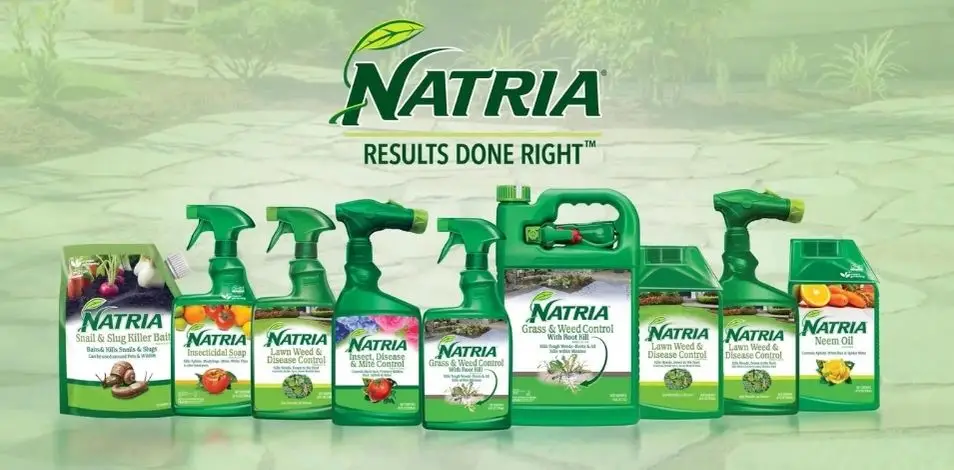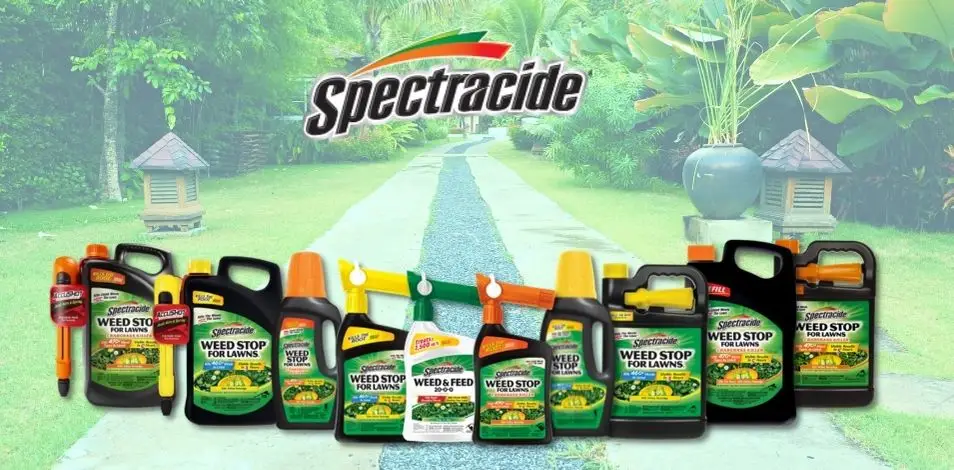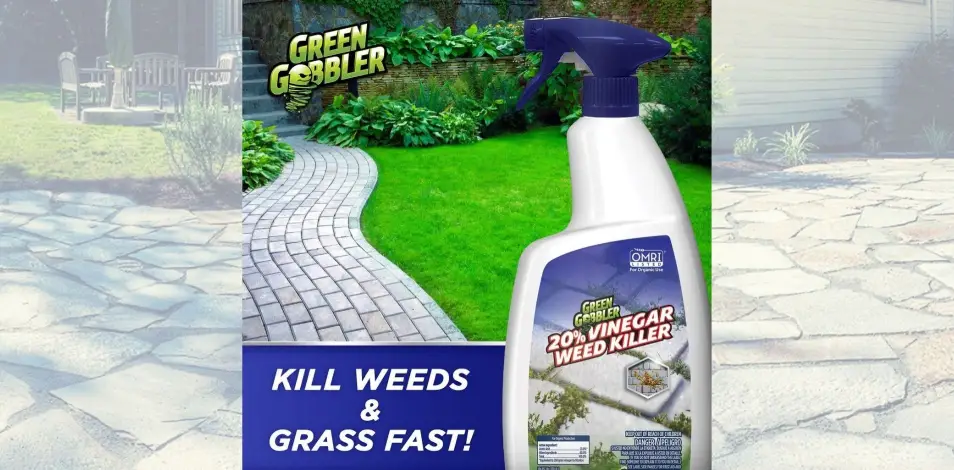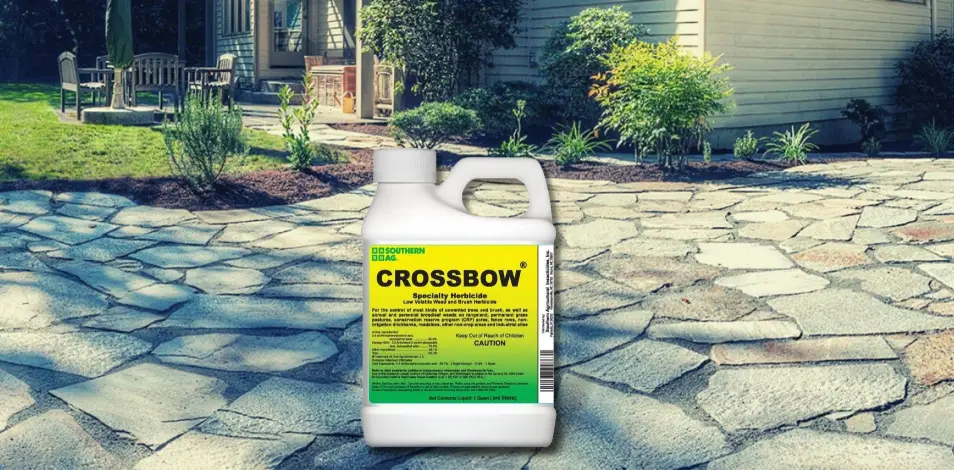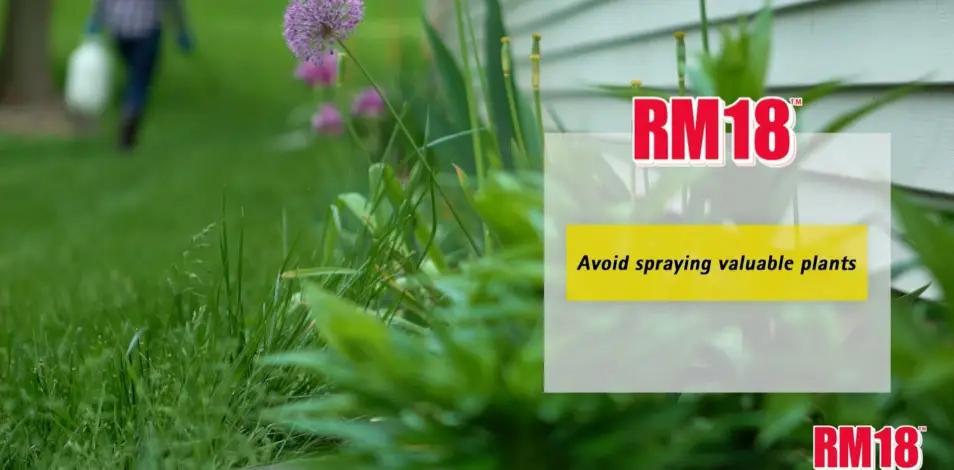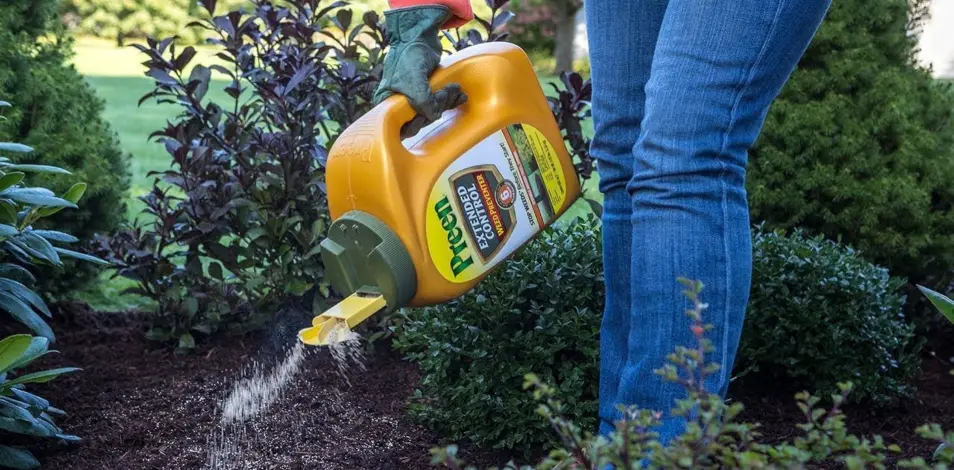Natria is a broadleaf and grass weed killer. It is a systemic herbicide, meaning it is absorbed by the plant and transported to the leaves and roots for control.
Natria can be used on lawns, gardens, and landscapes.
Natria is effective against over 200 different types of weeds, including dandelions, clover, and crabgrass. It will also kill grasses such as Bermuda, Ryegrass, and Fescue.
Weed killers like Natria are an important tool in lawn and garden care. They help keep your landscape looking its best by controlling weeds that can otherwise take over.
If you have a weed problem in your yard, consider using Natria weed killer to get rid of them. It is a safe and effective way to keep your landscaping looking its best.
Table of Contents
ToggleWhat is the active ingredient in Natria weed killers?
The main two ingredients in Natria are:
- Ammoniated soap of fatty acids
- Maleic Hydrazide
Ammoniated soap of fatty acids is the main active ingredient in Natria weed control with root kill. It is a surfactant that helps the product to spread evenly and penetrate the weed’s leaves. This kills the roots and effectively gets rid of the weed.
Maleic hydrazide is a herbicide that works by inhibiting cell growth in plants. It is used as a pre-emergent herbicide, meaning it prevents weed seeds from germinating.
is natria safe for pets?
Ntaria has different types of products: Weed Killers, insect killers, and disease killers.
The ingredients in each product vary. Some products may be safe for pets if used as directed, while others may not be safe for pets at all.
The company does note that their products are “safe for people and pets” when used as directed But as with any weed killer, you should take care to keep pets away from areas where you have sprayed Natria products.
Is Natria Safe for Bees?
Natia’s active ingredients are not known to be harmful to bees when used as directed. However, the company does recommend that you avoid spraying Natria products near bee hives or actively foraging bees.
Is Natria weed killer toxic?
This is a difficult question to answer, as “toxicity” can mean different things to different people. Some might consider any substance that has the potential to cause harm to be toxic, while others may only consider a substance to be toxic if it is known to cause serious health effects. The active ingredient in Natria weed killer is Ammoniated soap of fatty acids and Maleic Hydrazide. Ammoniated soap of fatty acids is considered to be low in toxicity and Maleic Hydrazide is considered to be moderately toxic. However, there is always the potential for some people to have an allergic reaction to any substance, so it is always best to consult with a healthcare professional before using any product.
Tell me the difference between Roundup and Natria?
Both weed killers are non-selective; however, Roundup is far more toxic to humans and marine life.
Currently, there are over 2,200 products on the market with glyphosate as their active weed-killing ingredient including weedkillers like RoundUp (which contains 49% glyphosate). These weed killers affect marine life by inhibiting cell growth, causing DNA damage in the cells, and altering DNA expression.
Glyphosate has been linked to ADHD, Alzheimer’s disease, autism spectrum disorder, birth defects, cancer cell growth inhibition, Parkinson’s disease, prion diseases (for example mad cow), senile dementia, and type II diabetes.
Natria products do not contain glyphosate. Instead, their products contain ingredients like ammoniated soap of fatty acids and Maleic Hydrazide which are considered to be low in toxicity.
How do you use Natria?
Natria products must be sprayed in cool, calm, dry weather when temperatures are between 60 and 80 degrees Fahrenheit. This means that you should spray your property at least seven days after it has rained to allow the soil enough time to dry out.
Do not enter or allow children to enter the treated area for 4 hours after application, which means that you will have to keep everyone off the lawn for at least four hours after you’ve sprayed it with Natria.
The weed control with root kill is applied via a hand-held weed sprayer, which you can pick up from a specialized lawn or hardware store near you. The weed sprayer uses a special process of diffusion, allowing the herbicide to mix on its own and be distributed evenly over the plants being treated.
Alternatively, you can buy a ready-to-use, sprayer included, Natria Grass & Weed Control with root kill.
Do not apply Natria if rain is expected within 8 hours.
Natria is not effective on hard-to-control weeds such as heavy ground-cover plants, pine needles, warts, poison hemlock, and ragweed.
How does Natria weed control work?
The active ingredient in Natria weed control with root killer, ammoniated soap of fatty acids, kills the roots of the weed and prevents it from growing back.
Natria weed killing process
The weed is sprayed with the Natria product and, over the course of 7-10 days, the weed will start to yellow and die. During this time, the roots of the weed are being killed as well, preventing it from growing back.
How long does Natria last?
Natria products last for up to 3 months; however, results may vary depending on the type of weed, amount of weeds, and temperature.
for example, using it on poison ivy, which is a difficult-to-control weed, may see results in as little as 2 weeks.
How Long Does Natria Take To Work?
The weed killer will start working within five minutes to four hours of application, depending on weed type. However, it will take at least a week to completely kill the weed.
Natria works best when the weed is actively growing but can be applied any time of year.
Is Natria Weed Killer Organic?
The company’s saying -“many of the Natria products are also certified for organic gardening and OMRI Listed.”
But let’s not get confused, Natria weed killer products are not organic.
Natria has other organic gardening products for killing insects and diseases, so please don’t confuse them with their weed-killer products.
So, if someone will ask you “is Natria organic?” you know the answer.
The term “organic” is regulated by the USDA National Organic Program (NOP). In order for a product to be labeled as “organic,” it must meet certain criteria set forth by the NOP.
Pesticides, herbicides, and fungicides cannot be certified as organic because they are not allowed in organic production.
In conclusion, Natria weed killer is an effective, but not organic, way to control weeds in your lawn. It is important to be careful when using it so that you do not accidentally spray desirable plants.
Natria Weed Killer List
- Black Medic
- Broom
- Brush
- Chickweed
- Dandelion
- English Daisy
- Horsetail
- Kudzu
- Large Crabgrass
- Mustard
- Oxalis
- Plantain
- Poison Ivy
- Poison Oak
- Red Clover
- Vines
- White Clover
- Wild Blackberry

